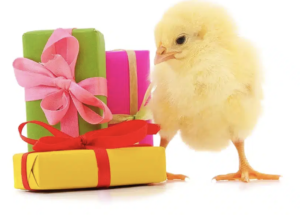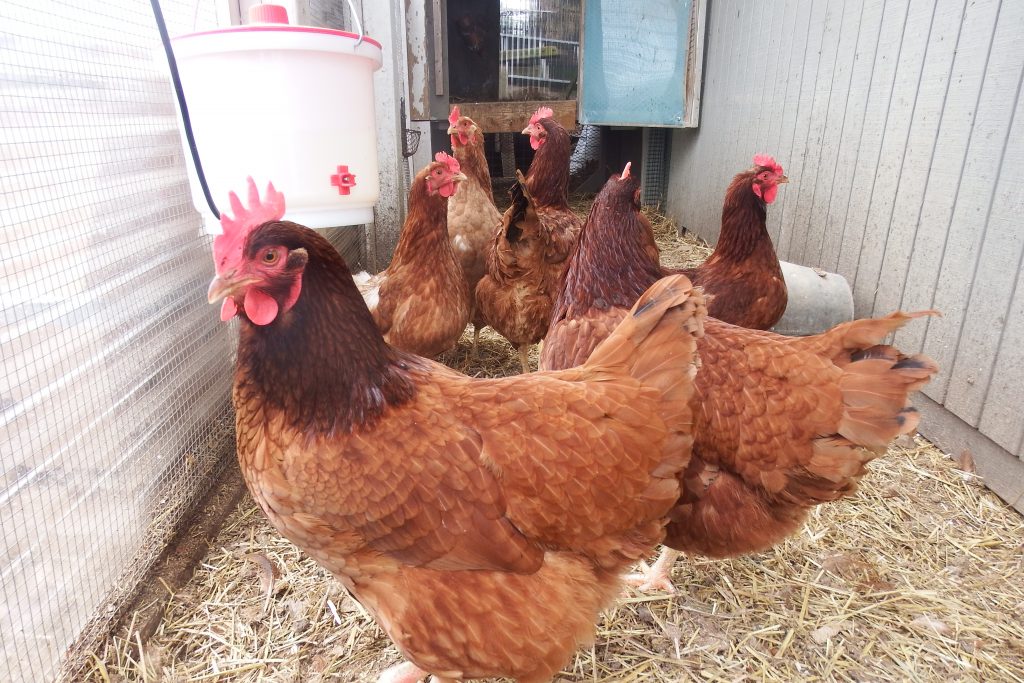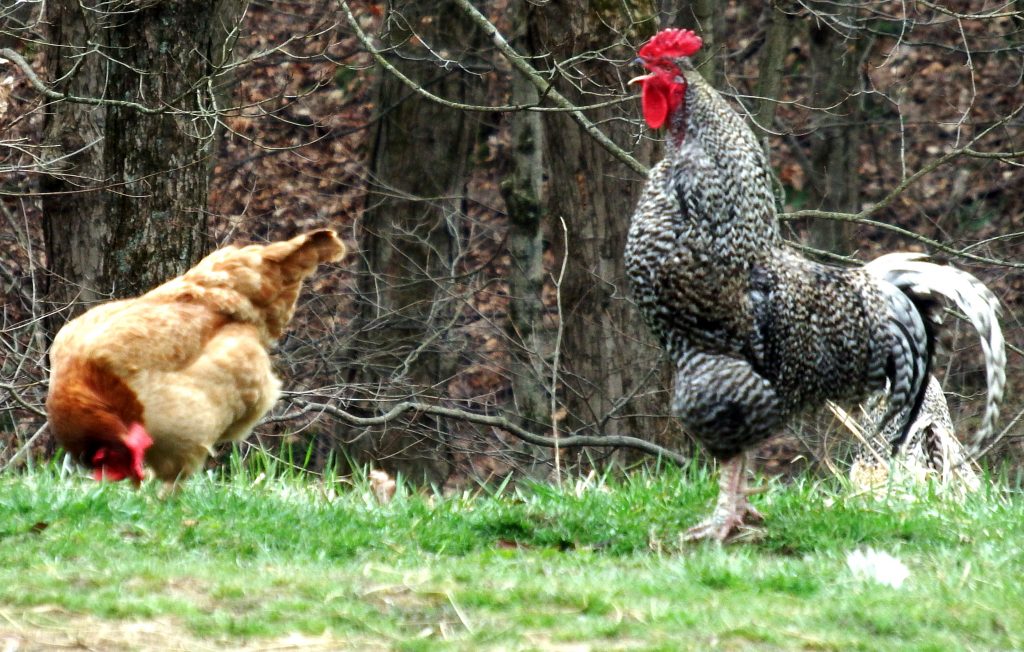A Feathered Friend’s Dream: The Perfect Gift for Chicken Keepers

Selecting the ideal gift for a chicken enthusiast can be a delightful yet challenging task. To truly make a difference in their feathered flock’s quality of life, consider the gift of convenience, security, and peace of mind – an Automatic Chicken Coop Door. In this article, we’ll explore why this innovative device stands as the ultimate present for someone devoted to the welfare of their feathered companions.
- The Gift of Unparalleled Convenience
One of the primary advantages of an automatic chicken coop door is the unparalleled convenience it brings to a chicken keeper’s daily routine. No longer will they need to rush home at dusk to manually secure their coop. The automatic door takes care of this task effortlessly, allowing for more flexibility in their schedule and less worry about the safety of their beloved chickens.
- Enhanced Safety and Security
Predators pose a significant threat to chickens, especially during the vulnerable hours of dawn and dusk. An automatic coop door provides an added layer of security by ensuring that the coop is sealed tight when it’s most crucial. This gift not only safeguards the feathered friends but also offers the keeper peace of mind, knowing their chickens are protected around the clock.
III. Customizable Timings for a Well-Regulated Routine
An automatic chicken coop door can be easily programmed to open and close at specific times. This feature allows for a regulated routine, providing chickens with the structure they need for optimal health and egg production. Additionally, some models offer the flexibility to adjust timings based on seasonal changes, ensuring that the coop door aligns with natural light patterns.
- Weather Resilience
Harsh weather conditions can pose a threat to the well-being of chickens. An automatic coop door, equipped with sensors, can detect adverse weather and adjust its operation accordingly. It ensures that chickens are not exposed to extreme temperatures, rain, or snow, contributing to their overall comfort and health.
- A Gift that Keeps on Giving
The gift of an automatic chicken coop door not only benefits the chickens but also enhances the keeper’s overall chicken-keeping experience. Its energy-efficient design minimizes power consumption, aligning with sustainable practices. This eco-conscious approach ensures that the coop remains an environmentally-friendly haven for the flock.
Conclusion
For the dedicated chicken keeper, an Automatic Chicken Coop Door is a gift that speaks volumes about your consideration for their passion and the well-being of their feathered companions. Its convenience, security, and weather resilience make it an invaluable addition to any coop. By choosing this thoughtful present, you not only contribute to the safety and happiness of the flock but also enhance the keeper’s experience, allowing them to enjoy their feathered friends to the fullest.
See The Top Selling Automatic Chicken Coop Doors Here : https://www.automaticchickencoopdoor.com/shop?category=Automatic+Chicken+Doors



